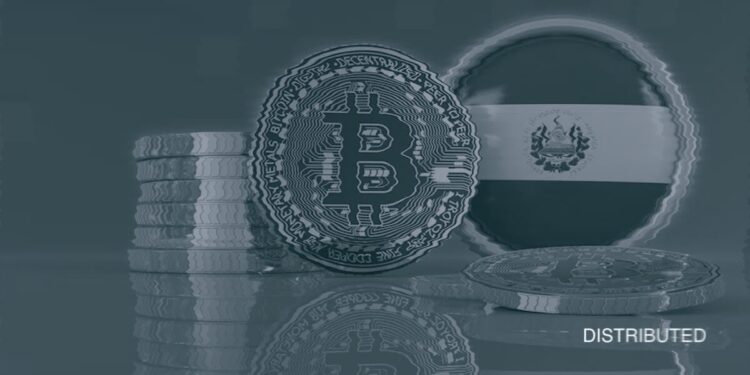- Previously, all funds were stored in a single address that was repeatedly reused.
- By spreading coins across unused wallets, the government reduces the risk of large-scale losses if one address is compromised.
El Salvador has changed how it secures its national bitcoin reserve, moving funds into multiple wallets in a shift officials described as protection against future quantum computing threats.
According to an announcement on X, the government presented the move as a safeguard against quantum computing threats, but experts say the immediate benefit is more about applying sound bitcoin storage practices.
The Bitcoin Office confirmed Friday that the country transferred its 6,274 bitcoins, worth about $678 million, into 14 new wallets. Each wallet will hold no more than 500 BTC. The change means that even if one address is compromised, the damage is capped.
Officials acknowledged that the previous setup of storing everything in a single address created avoidable risk. That wallet was reused repeatedly for transparency, which left its public key exposed on the blockchain and therefore more vulnerable.
See Relatetd: Could Quantum Computing Decipher Bitcoin Within The Next Decade?
Quantum Risk Or Bitcoin Housekeeping?
The government said the update anticipates threats from future quantum computers, which could one day break the cryptographic protections underlying bitcoin. The danger arises because spending coins reveals a public key, which in theory a powerful enough quantum machine could exploit to calculate the private key and seize the funds.
By spreading coins into unused wallets, El Salvador reduces the chance that many keys are exposed at once.
Most researchers believe quantum computers strong enough to endanger bitcoin remain at least a decade away. If that time comes, the network is expected to adapt with stronger cryptography. Until then, the immediate value of El Salvador’s decision lies in basic risk management — avoiding address reuse and limiting exposure.
More than six million bitcoin could be at theoretical risk if quantum machines become powerful enough, according to estimates from Project Eleven, Cointelegraph reported. El Salvador’s proactive shift may therefore offer a model for how sovereign reserves can combine transparency with better custody practices.
Whether the country’s overhaul proves truly “quantum-proof” remains uncertain, but it has set an example for other governments watching closely how digital assets can be held at scale.



